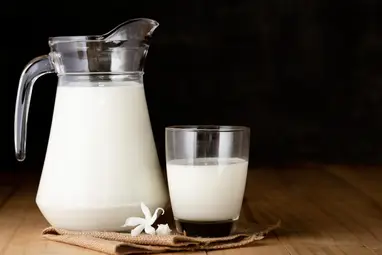Top 10 Selenium Rich Foods In India
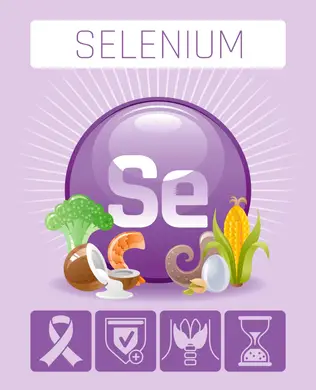
Top 10 Selenium Rich Foods In India
Posted on 14th Apr, 2023
Selenium is a mineral that is essential for many functions in the body, including supporting the immune system, maintaining healthy thyroid function, and protecting against oxidative stress. In this article, we shall explore a few selenium rich food sources that can help to satisfy your requirements for this mineral:
Here is the complete list of selenium-enriched foods that should be included in your diet:
Brazil Nuts
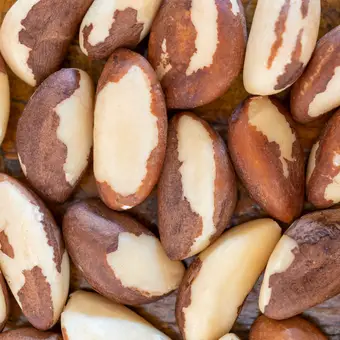
Brazil nuts are the richest source of selenium, and just a single nut can provide over 100% of the daily recommended intake of selenium. Brazil nuts provide around 544 micrograms per ounce (6-8 nuts).
Eggs
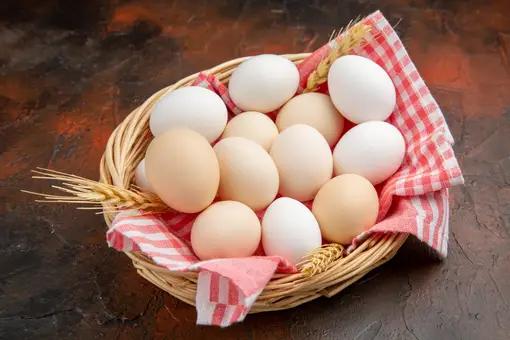
Eggs are a great source of protein and also contain selenium. The amount of selenium in eggs depends on the soil in which the hens were raised. You can obtain approximately 15-25 micrograms of selenium per large egg.
Fish
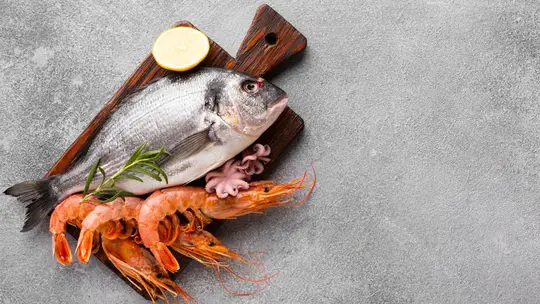
Fish such as tuna, salmon, and sardines are excellent sources of selenium. In particular, yellowfin tuna is one of the best sources of selenium. The amount of selenium contained varies depending on the type and serving size, but you can expect to obtain around 40-70 micrograms per 3-ounce serving of fish.
Mushrooms
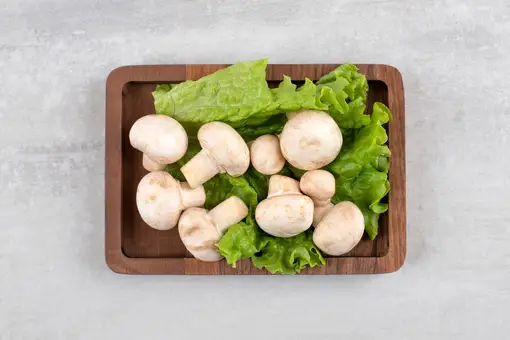
Many varieties of mushrooms, including button, shiitake, and crimini mushrooms, are good sources of selenium. 1 cup of mushrooms net around 10-20 micrograms of selenium.
Lentils
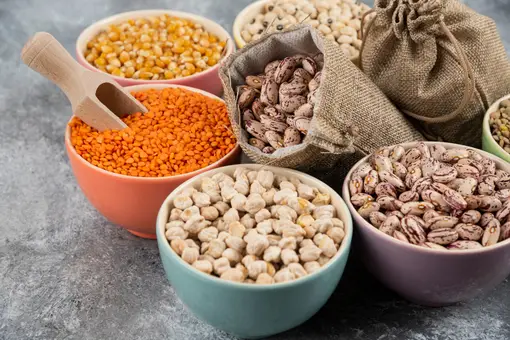
Lentils are a vegetarian source of protein that are rich in selenium. A serving size of 1 cup will provide around 5 micrograms of selenium.
Brown Rice
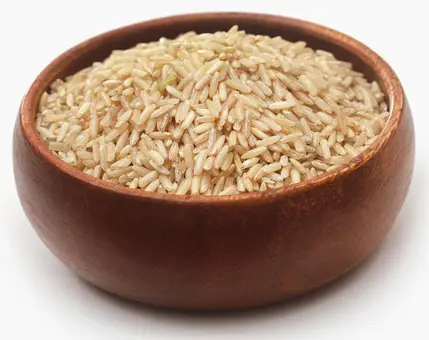
Brown rice is a healthy and nutritious whole grain that is also rich in selenium at 6 micrograms per 1 cup serving.
Chicken

Chicken is a good source of selenium, particularly the breast meat, with a healthy dose between 22-40 micrograms of selenium per 3-ounce serving.
Spinach
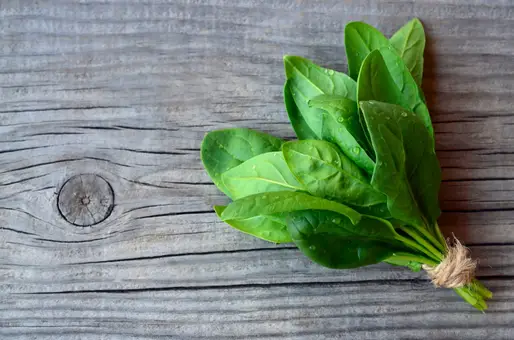
Spinach is a leafy green vegetable that is packed with nutrients, including selenium. You can expect to find around 1-3 micrograms of selenium in popeye's favourite meal, per 1 cup serving.
Whole Wheat Bread

Whole wheat bread is a healthy and nutritious source of carbohydrates that also contains selenium. 2 slice's of whole wheat bread will give you access to 5-10 micrograms of selenium.
Sunflower Seeds
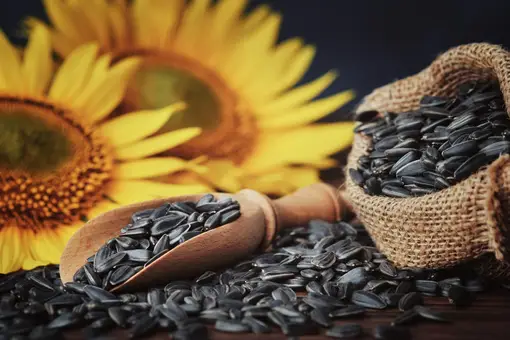
Sunflower seeds are a tasty and nutritious snack that is also rich in selenium. These contain 18-40 micrograms per 1 ounce serving.
Selenium Supplements:
While selenium is found in many foods, such as Brazil nuts, seafood, and organ meats, some people may not consume enough of this mineral through their diet alone. In such cases, selenium supplements may be recommended.
Selenium supplements come in various forms, including:
- Selenium tablets or capsules: These are the most common forms of selenium supplements and can be found in most health food stores. They are easy to take and typically contain selenium in the form of selenomethionine, which is a highly absorbable form of selenium.
- Selenium drops: These are liquid supplements that are taken orally. They typically contain sodium selenite, which is a highly concentrated form of selenium.
- Selenium gummies: These are chewable supplements that are easy to take and are often flavored to make them more palatable. However, they may contain added sugars and artificial ingredients, so it's important to read the labels carefully.
- Selenium sprays: These are supplements that are sprayed into the mouth and absorbed through the mucous membranes. They are a convenient option for those who have difficulty swallowing pills.
It's important to note that selenium supplements should be taken in moderation, as high doses of selenium can be toxic. The recommended daily intake of selenium for adults is 55 micrograms per day, and the tolerable upper intake level (UL) is 400 micrograms per day. It's always a good idea to talk to a healthcare professional before starting any supplement regimen, including selenium supplements.
FAQ
What are the top natural sources of selenium?
There are various selenium rich foods such as Brazil nuts, brown rice, eggs, lentils, sunflower seeds, and organ meats such as chicken, turkey, beef, and seafood like fish.
How much selenium do I need each day?
The recommended daily allowance of selenium for adults is 55 mcg and 60 mcg for pregnant and lactating women. While any amount more than 400 mcg per day of selenium leads to selenium toxicity in the long run.
What are the benefits of eating selenium rich foods?
Eating foods rich in selenium is beneficial in many ways. It acts as an antioxidant which reduces the oxidative stress, protects against cancers and reduces heart disease risks. Selenium is also an important mineral for maintaining thyroid function and a healthy immune system. Additionally, foods that contain selenium play an important role in maintaining mental health and can be helpful in mitigating alzheimer’s symptoms.
What are the risks of eating too much selenium?
Consuming excessive foods rich in selenium or overdosing selenium supplements increases the risk of selenium toxicity, resulting in symptoms like nausea, vomiting, nail issues, hair loss, fatigue, irritability, and bad breath odor. Hence, It's essential to stay within recommended limits and start selenium supplementation after healthcare consultation.
Are there any side effects to taking selenium supplements?
Selenium supplements do not cause any side effects when taken within the limit and as per the RDA mentioned. However, consuming more than the RDA for selenium may lead to side effects like bad breath, hair loss, fever, tiredness, and nausea. Additionally, if you are pregnant or on medications, ensure consulting healthcare professionals to avoid any side effects or interactions with other medications.
Are there vegetarian or vegan options for selenium-rich foods?
Yes, there are selenium rich vegetarian foods in India such as Brazil nuts, pasta, rice, oatmeal, and baked beans. These options can provide the adequate selenium to the vegans or vegetarians without the need for animal products.
Can selenium-rich foods help prevent certain diseases?
Yes, consuming foods that contain selenium can help prevent certain diseases like reduced risk of certain cancers, hypothyroidism, mental decline, heart diseases, and asthma symptoms.
What happens if I have a selenium deficiency in my diet?
Selenium deficiency can lead to conditions related to heart diseases and male and female infertility, muscle weakness, weak immune system, mental fog, hair loss, and fatigue.
Which fruits and vegetables are high in selenium?
Selenium is naturally present in many plants and the amount of selenium in those fruits and vegetables greatly depends upon the selenium content in the soil where they grow. Some selenium-containing fruits and spinach are green peas, beans, and potatoes. But the amount of selenium present in these sources is quite low so your doctor might suggest you selenium supplements.
What is the best form of Selenium?
The best way is to consume natural sources of selenium like whole foods and sea foods. However in case of selenium deficiency, meeting the selenium demand of the body solely through food sources is not enough. This is where you should consider selenium supplements which are available in many forms like tablets and capsules.

Health articles from our experts

Best Time Of The Day To Take Multivitamins
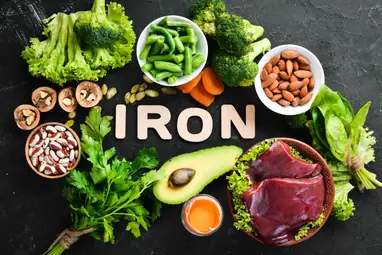
15 Iron-Rich Foods in India to Increase Hemoglobin
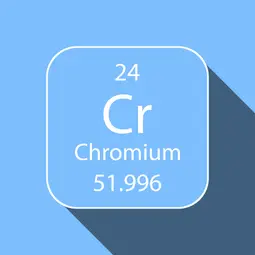
10 Foods Rich In Chromium

Top 12 Uses Of Iron Folic Acid Tablet
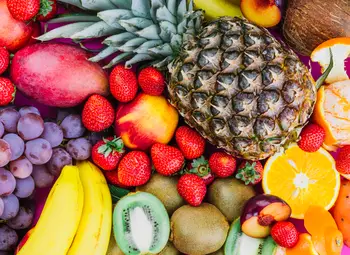
Top 10 Zinc Rich Food In India
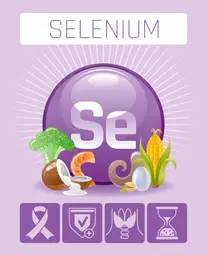
Top 10 Selenium Rich Foods In India
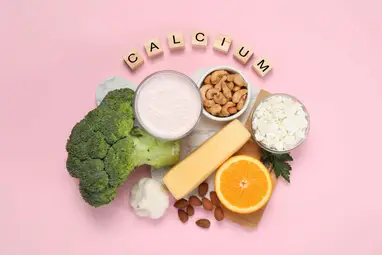
Top 10 Calcium-Rich Fruits
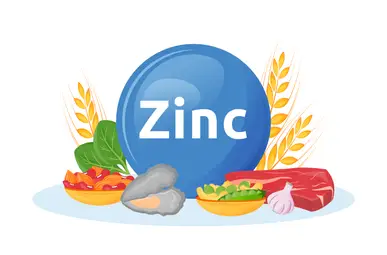
Top 9 Zinc Rich Food Sources for Vegetarians
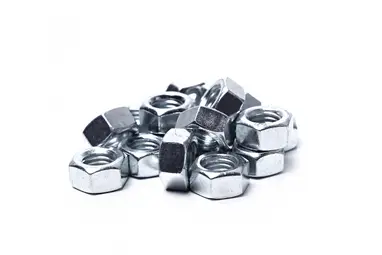
7 Sources of Iron for Pregnant Women
